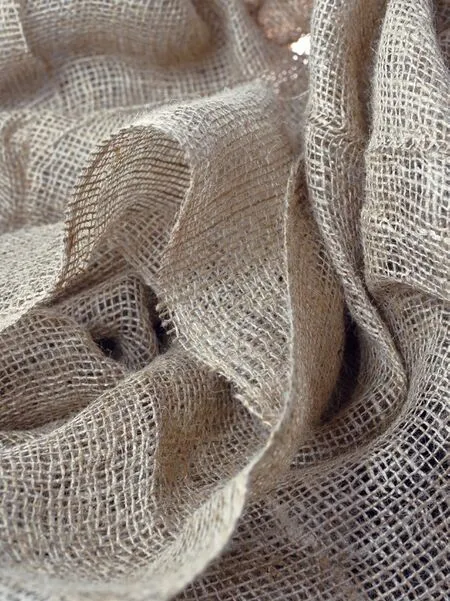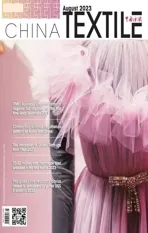Can waste textiles be completely transformed into fibres?
2023-09-18ZhaoXinhua,ZhongMengxia

The advancement and novel technologies in materials science have been steadily growing toward adopting ethical practices.To reduce the stress on the environment the producers integrate novel materials to extend traditional functionality.They develop modern fibers that are eco-friendly, light,resilient, mechanically flexible, and easy to process.Moreover, novel fabrics are acquiring unique properties such as sensory capabilities, electrical conductivity, and data transmission.Cloths with characteristics such as hydrophobic cotton, plantbased textiles, antimicrobial fabrics, and shape memory polymers show versatility in textile innovations.Overall, these textile innovations provide sustainable alternatives, which are commercially viable and suitable for large-scale production.
Bio-based recyclable fiber
NOOSA® is a naturally-sourced fiber made from corn, a renewable resource.That’s why we like to call it a bio-renewable fiber.The corn we use is certified GMO-free.NOOSA® natural fiber is extremely soft and increased breathability; it brings long-lasting comfort to the skin throughout the day and prevents bacterial growth, ensuring a better hygiene on a daily basis.

NOOSA® fiber shows a 30% reduction of CO2emission and 50% reduction of water use compared to conventional cotton.NOOCYCLE®technology transforms discarded textiles back into a 100% virgin fiber, bringing the industry to an unprecedented level of circularity.This chemical but selective recycling allows NOOSA® fibers to be recycled without damaging the other textile fibers blended in the product.The patented technology enables to separate NOOSA® fiber from any type of component (other material blends, pigments or additives), ensuring no difference between virgin and recycled material.
Regenerated cellulose fiber
TreeToTextile, owned by H&M Group, Inter IKEA Group,Stora Enso, and LSCS Invest, now invests €35 million in constructing a demonstration plant in Sweden.TreeToTextile offers a new technology to produce bio-based textile fibers with a low environmental footprint at an attractive cost level.The new fiber is a regenerated cellulosic fiber, produced from renewable and sustainably sourced raw materials from the forest.The novel process is deliberately designed to have low energy demand and low chemical need.It is engineered to suit large scale production and includes a recovery system for reusing chemicals.
Environmentally friendly textiles
US-based startup Refiberd produces recycled textiles made of pure post-consumer waste.Its patent-pending technology employs AI and robotics to convert used discarded garments into new clothing threads.To achieve that, the startup’s green chemical process sorts blended waste and repurpose it into polyester, and cellulose threads.
杂志排行
China Textile的其它文章
- ITMF: Business situation remains negative but improves for the first time since November 2021
- Create a digital avatar, everyone is a designer!
- How do top garment manufacturers develop energy-efficient and high-speed processes?
- Turnover of textile and apparel specialized market achieves recovery growth in H1 of 2023
- Demand for industrial textiles in the domestic and abroad markets declines in H1 of 2023
- 33.82 million tons man-made fiber produced in the first half of 2023
